Johannes Hahn: the Neighbourhood Policy is a Security Policy
Adelina Marini, October 5, 2014
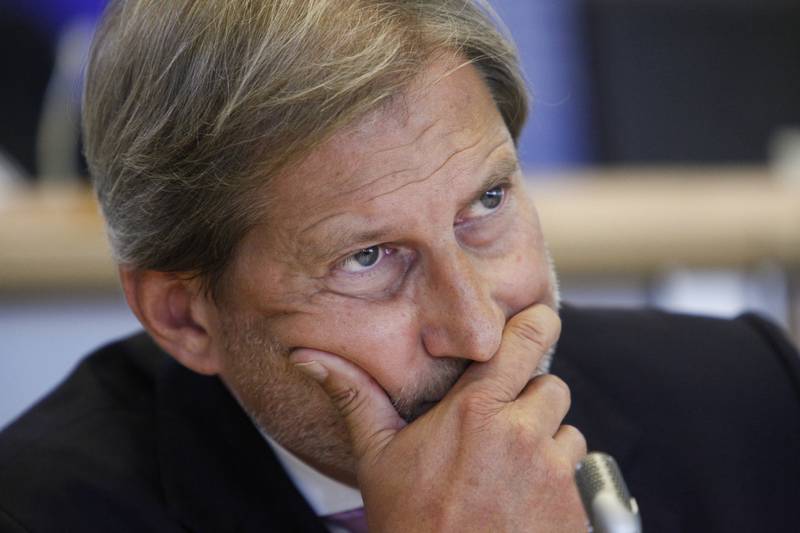 The EU's Eastern policy looms up as one of the top priorities in the next five years. From the so far stated positions of European Commission President-elect Jean-Claude Juncker and the missions of the High Rep for the foreign policy and the Commissioner-designate for neighbourhood policy, Johannes Hahn, it can also be concluded that the eastern policy will be more convincing and pro-active. It can be said that it is moving forward into the phase of maturity. The EU policy toward the post-Soviet space is relatively young and is known under the name Eastern Partnership. It was conceived in 2009 under the initiative of Poland and Sweden at a time when it was still believed that Russia had chosen a path toward western-type of democracy. Its purpose was to help the countries in the region to establish functioning institutions, to seed the rule of law and human rights, thus ensuring peace along the EU's eastern borders as well as economic benefits from the neighbourhood.
The EU's Eastern policy looms up as one of the top priorities in the next five years. From the so far stated positions of European Commission President-elect Jean-Claude Juncker and the missions of the High Rep for the foreign policy and the Commissioner-designate for neighbourhood policy, Johannes Hahn, it can also be concluded that the eastern policy will be more convincing and pro-active. It can be said that it is moving forward into the phase of maturity. The EU policy toward the post-Soviet space is relatively young and is known under the name Eastern Partnership. It was conceived in 2009 under the initiative of Poland and Sweden at a time when it was still believed that Russia had chosen a path toward western-type of democracy. Its purpose was to help the countries in the region to establish functioning institutions, to seed the rule of law and human rights, thus ensuring peace along the EU's eastern borders as well as economic benefits from the neighbourhood.
In the very beginning, however, the Eastern policy clashed with problems it was not prepared for - the strong Russian influence in the region and the different agenda. The situation complicated further when an alternative appeared - the Eurasian union - and further when a real war for Ukraine has begun. All this time, the EU looked completely incapable to adequately respond to the fast approaching danger and the behaviour of individual member states enhanced the sense of a lack of unity. The EU-Russia summits first fell victims of that lack. Given the new geopolitical realities, it is more than important EU to try and find a strong common approach to the region, by first try and find common grounds with Russia and then approach its "near abroad". This is the stated ambition of Juncker's Commission.
When presenting his priorities in front of the European Parliament this summer, Jean-Claude Juncker said the EU should be stronger in terms of foreign policy. "The Ukraine crisis and the worrying situation in the Middle East show how important it is that Europe is united externally. There is still a long way to go", then said the newly elected chief of the European Commission. From the distribution of mandates in the new Commission, it becomes clear that the toughest work to achieve this goal is up to the Austrian candidate, Johannes Hahn, who received the portfolio European Neighbourhood Policy and Enlargement Negotiations. His mandate is much more precise than Federica Mogherini's, which is natural because she has a dual role - to be a member of the Commission and in the same time of the Council. The European Commission's foreign policy will be formed by a group of commissioners whose portfolios are linked in one way or another to the external relations. They will gather at least once a month.
As a High Rep, Ms Mogherini will report directly to Juncker on geopolitical issues, but Johannes Hahn is the one who has to deal with the construction of the new Eastern policy. During his hearing in the foreign affairs committee of the European Parliament, Mr Hahn explained that the neighbourhood policy would no longer be aimed only at building a zone of democracy and prosperity in the long-run, but to maintaining the European security, values and interests. His first priority would be resolving the Ukrainian crisis, based on keeping the country's territorial integrity, sovereignty and independence, as well as international legislation. It is essential for the EU Ukraine's right to make its own strategic choices to be respected.
As part of the Eastern policy is continuing the dialogue with Russia which is currently frozen. Johannes Hahn said that Russia has to be shown that it should not underestimate EU's resolve to defend its principles by in the same time being told that the neighbourhood policy is not at its expense. With the current leadership in the Kremlin, this task seems not only difficult but even impossible, especially against the backdrop of one of the newest goals of the European neighbourhood policy - to increase EU's role and contribution in resolving the frozen conflicts in the eastern neighbourhood.
The new neighbourhood policy should be ready within a year. Johannes Hahn promised that he will regularly consult the European Parliament during the process of drafting. He also plans to change the approach in the current policy, based on the principle "more for more". This means that those countries that do well with EU's requirements should get more incentives, mainly in the form of funding for joint or local projects. Entirely in the spirit of the need for internal consolidation, Johannes Hahn plans to pursue precisely the opposite principle - less for less. If countries offer less, they should get less or nothing instead of being imposed sanctions.
A major principle the future neighbourhood policy commissioner will defend is that energy should not be used as a political weapon. In the same time, he admitted that the energy demand in EU is the Union's most vulnerable element. This issue will be dealt with in another group, headed by Vice President Alenka Bratusek (if she is confirmed), who is responsible for the energy union. In this group will also be the commissioner responsible for energy and climate.
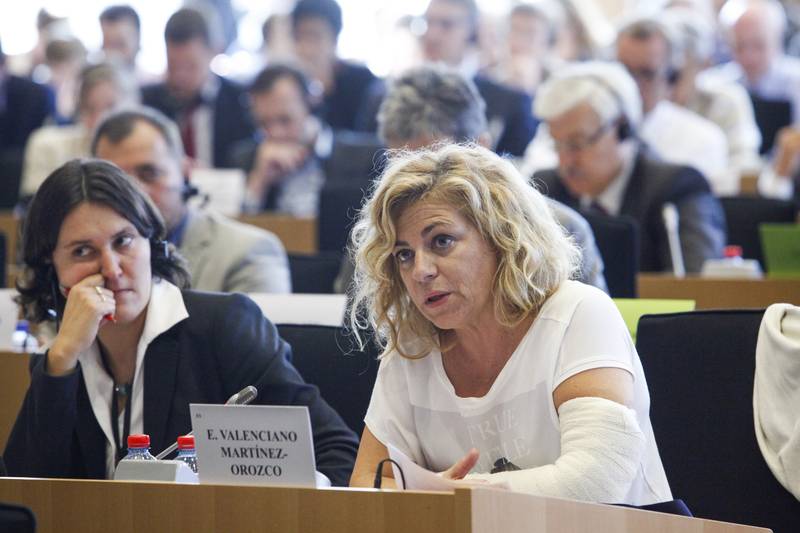 Johannes Hahn seemed confident during the hearing and will most certainly be respected in the Eastern region. His authority, however, will be mainly dependent on the support the member states will offer him. The issue "Russia" is very sensitive across the EU which opens many weak spots for attacks by Vladimir Putin. Mr Hahn's stated priorities are good and necessary. However, they will be completely useless unless the member states stand unanimously behind them. That is why, when preparing the new neighbourhood policy, he should hold in-depth consultations with each member state individually to consolidate the positions and avoid multi-voices talk on this issue.
Johannes Hahn seemed confident during the hearing and will most certainly be respected in the Eastern region. His authority, however, will be mainly dependent on the support the member states will offer him. The issue "Russia" is very sensitive across the EU which opens many weak spots for attacks by Vladimir Putin. Mr Hahn's stated priorities are good and necessary. However, they will be completely useless unless the member states stand unanimously behind them. That is why, when preparing the new neighbourhood policy, he should hold in-depth consultations with each member state individually to consolidate the positions and avoid multi-voices talk on this issue.
It is good that Johannes Hahn intends to work for resolving the frozen conflicts but this will be impossible without Russia's agreement or without the availability of at least minimal defence power. In his priorities, Jean-Claude Juncker spoke about this, quoting the possibility the Lisbon Treaty gives the member states to pool their military capabilities. This is something that needs to be considered, especially bearing in mind that to the US the region is no longer a priority and its evident reluctance to be EU's army while the member states are cutting defence spending.
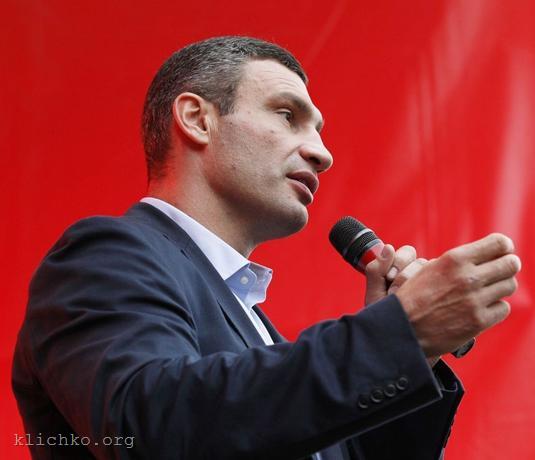 | © klichko.org
| © klichko.org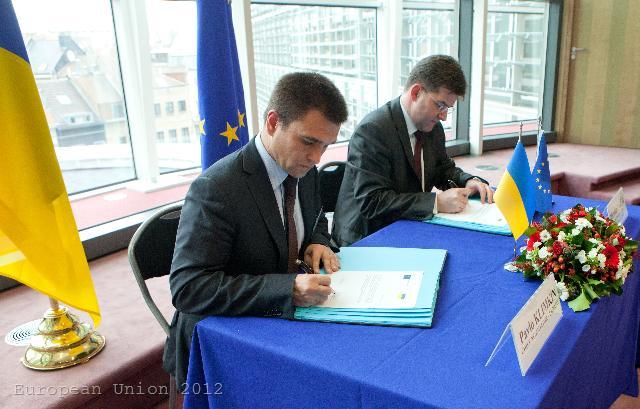 | © European Union 2012
| © European Union 2012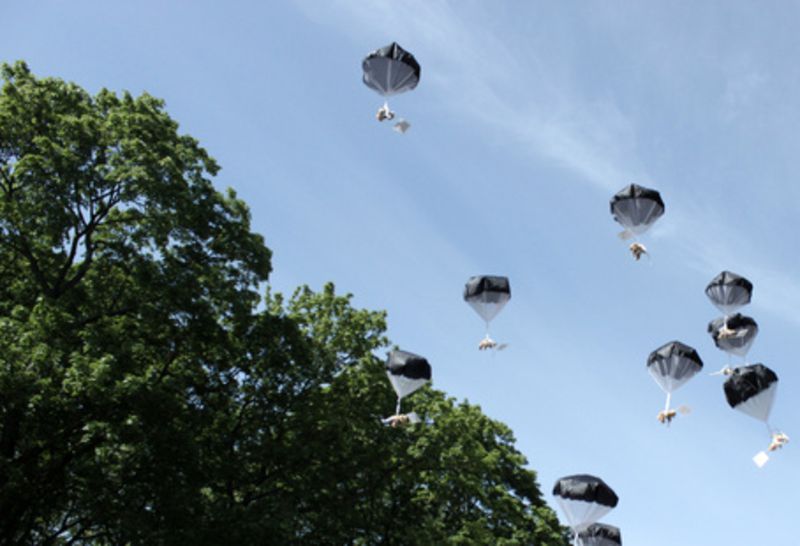 | © Studio Total
| © Studio Total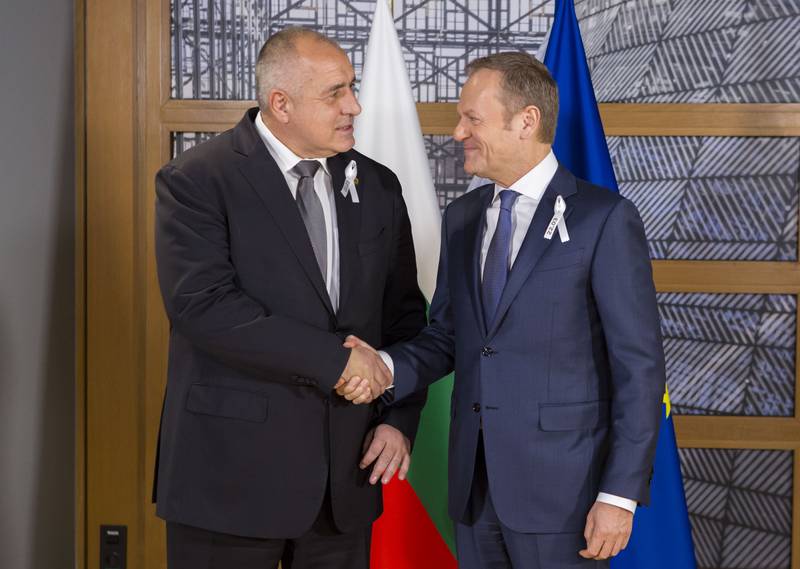 Boyko Borissov, Donald Tusk | © Council of the EU
Boyko Borissov, Donald Tusk | © Council of the EU Boris Johnson | © Council of the EU
Boris Johnson | © Council of the EU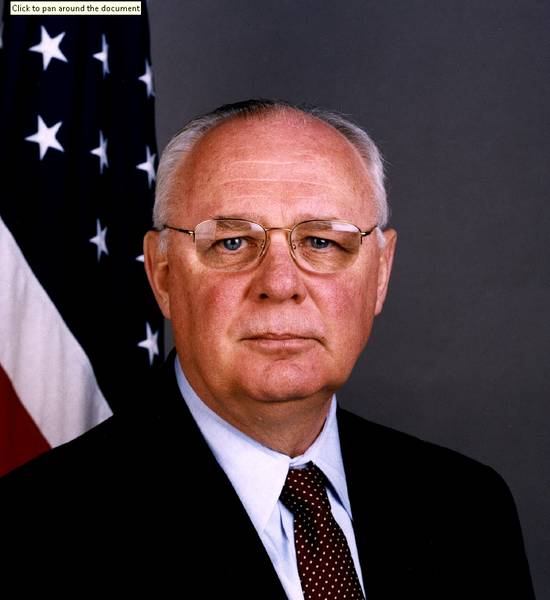 James W. Pardew | ©
James W. Pardew | ©